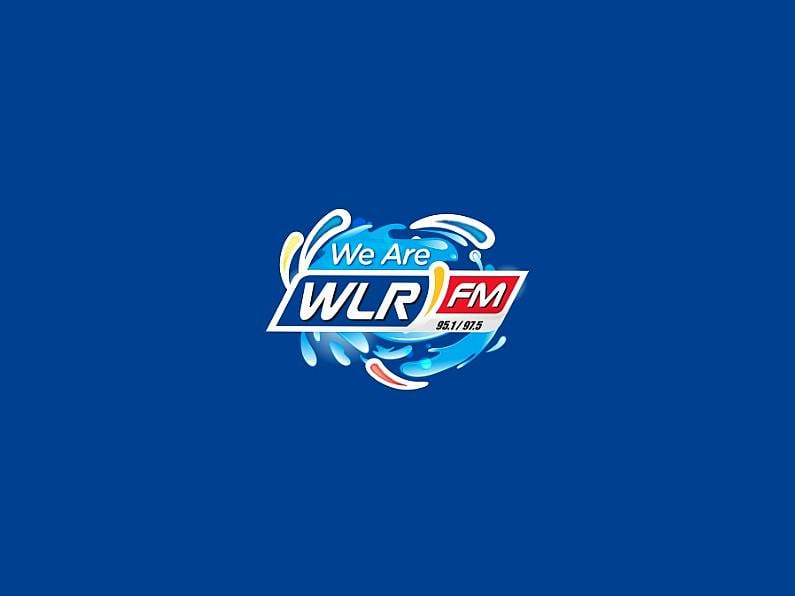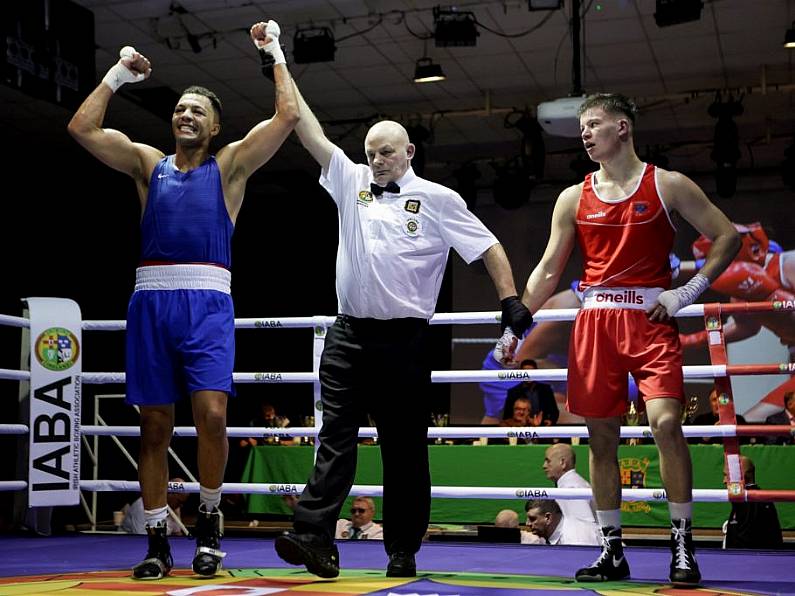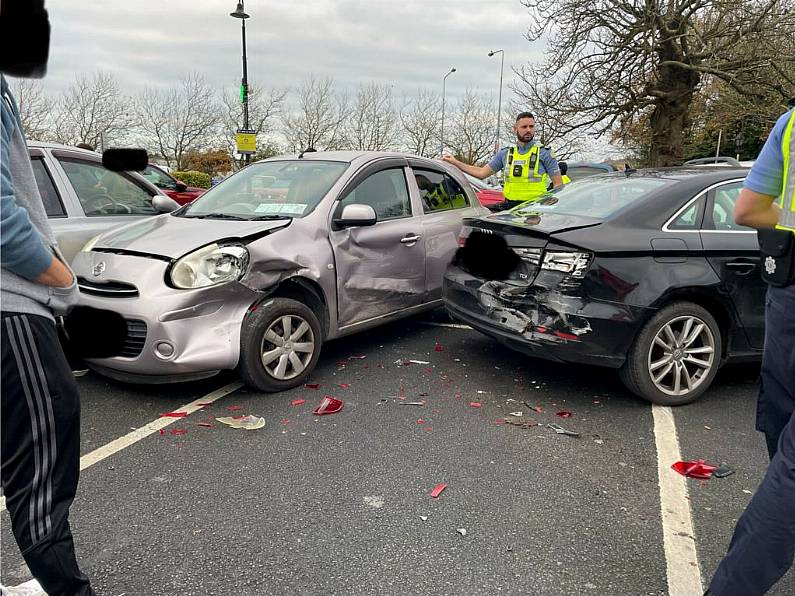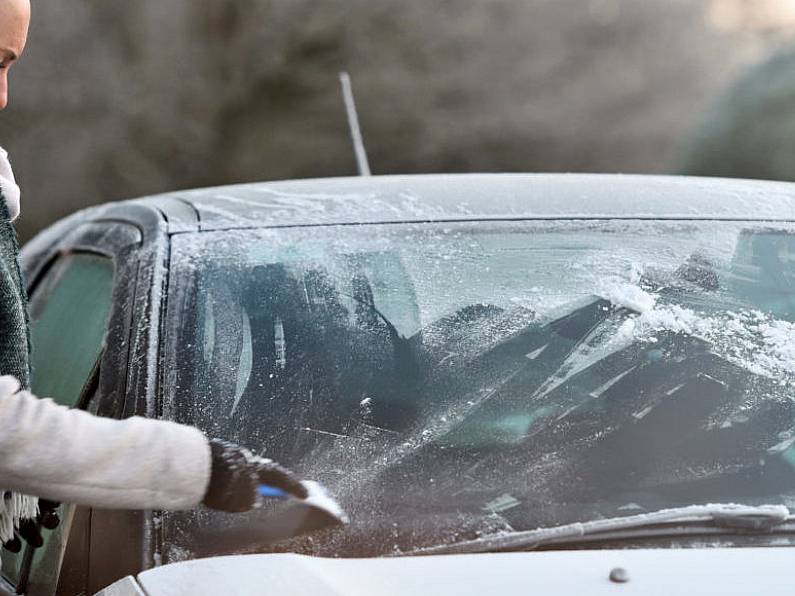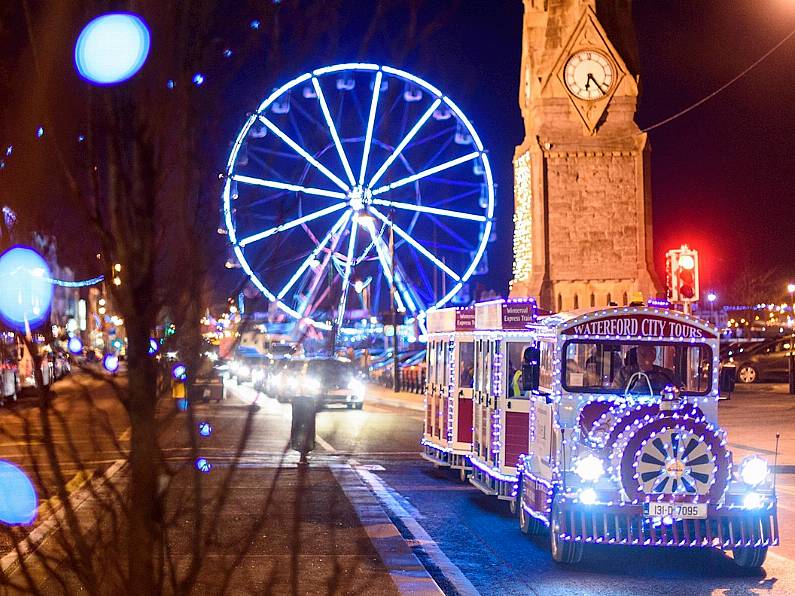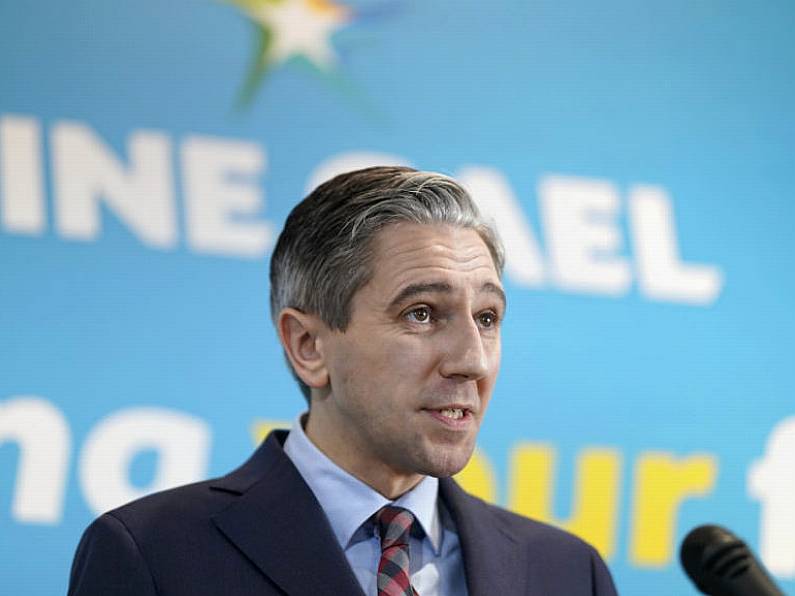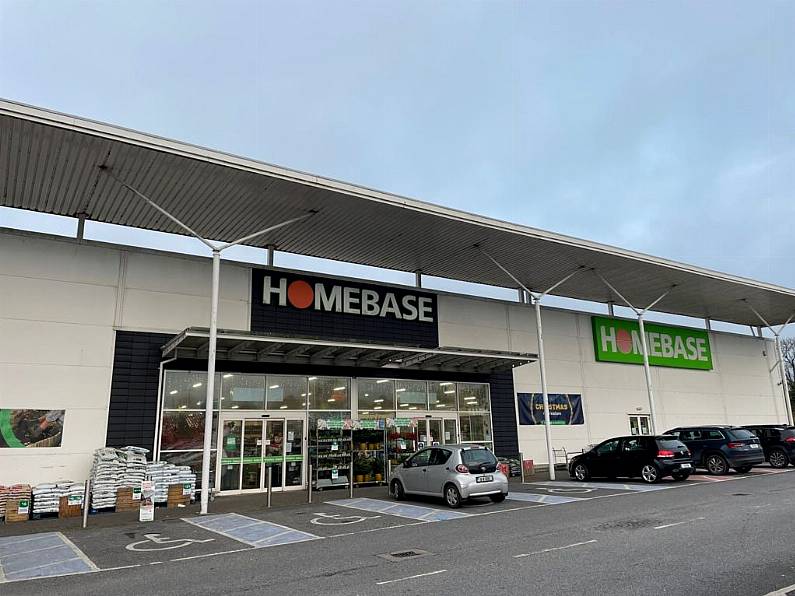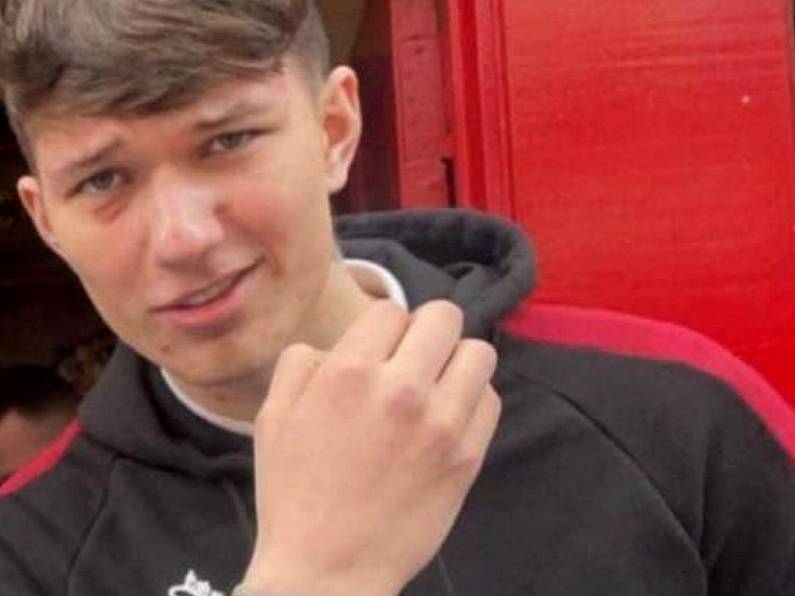A total of 26 deaths and 2,294 new cases of Covid-19 have been confirmed on the island of Ireland on Saturday.
In the Republic, the National Public Health Emergency Team (Nphet) confirmed 1,296 new cases of the virus, along with six further deaths.
In Northern Ireland, an additional 998 new cases were confirmed over the past two days, along with 20 deaths related to Covid-19 in the same period.
Dr Tony Holohan, the country's chief medical officer, described the figures as “very concerning”.
“For the second day in a row we are reporting more than a thousand confirmed cases of Covid-19. Within a few short weeks of easing measures at the beginning of December, we have now returned to the very high levels of Covid-19 circulating in the community that we have not seen since the peak of Wave Two of this disease,” he said.
“While today is a positive day with the arrival of the Pfizer/BioNTech Covid-19 vaccine, it does not mean that we can relax our adherence to public health measures. We must continue to stay at home, avoid social contact where possible, avoid visiting friends and family and not have visitors to our homes.”
The rising infection rates come as the Government has rejected Nphet’s advice to implement a full March-style lockdown with the closure of non-essential retail and a ban on household visits from today, St Stephen’s Day.
The Republic instead began to enter its third Level 5 lockdown with “specific adjustments” on Christmas Eve, with the closure of the hospitality sector.
Between today and December 31st, restrictions on gatherings in homes have tightened to allow for visits from just one other household. A complete ban on household visits will come into force in the New Year.
Saturday is also the final day that inter-county travel is permitted across Ireland, before restrictions on domestic travel return.
In the North, a new extended lockdown began on St Stephen’s Day involving the region’s toughest suite of measures to curb the spread of the virus yet.
A form of curfew will operate from 8pm, with shops closed from that time and all indoor and outdoor gatherings prohibited until 6am.
Non-essential retail will close throughout the next six weeks, as will close contact services. Hospitality outlets will be limited to takeaway services.
It comes as the first shipment of Covid-19 vaccines arrived in the Republic on Saturday, with vaccination set to begin on December 30th.
Minister for Health Stephen Donnelly tweeted: “When is a fridge worth photographing? When it’s just had Ireland’s first #Covid vaccines put in it.”
Frontline healthcare workers and nursing home residents will be the first people to receive the vaccine.
When is a fridge worth photographing? When it’s just had Ireland’s first #Covid vaccines put in it ?
The first doses have just arrived and many of them are sitting in that very, very cold fridge.
We’ll begin vaccinating in four days. #holdfirm. pic.twitter.com/T9zletiOBS
— Stephen Donnelly (@DonnellyStephen) December 26, 2020
The Taoiseach has hailed “a day of great hope” as the first vaccines arrived in an initial batch of 10,000 doses.
However, Micheál Martin also warned on Saturday that normality will not return for at least six months in Ireland.
It could be May or June before mass vaccination brings about significant change, he added.
By the end of January the health system should be delivering three vaccines. Mr Martin said May and June had been identified as “critical” months.
“From the summer on we will see a degree of normality but I cannot be definite about that.”
Mr Martin said December’s concerns over the emergence of the mutant strain of Covid-19 in parts of England had highlighted continued uncertainty.



